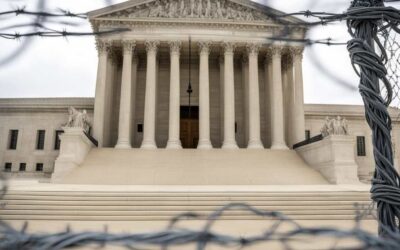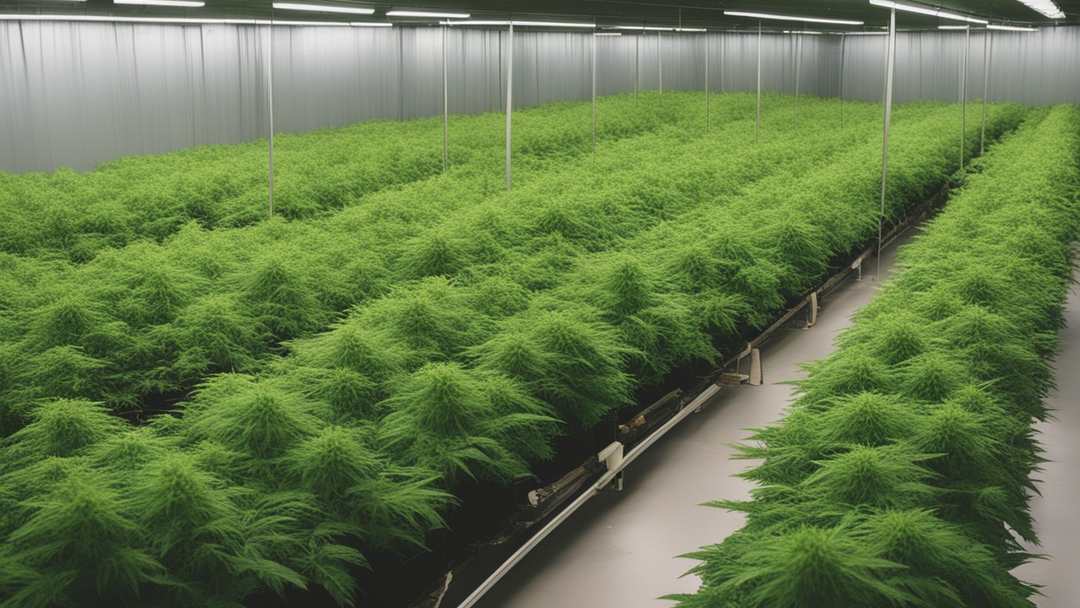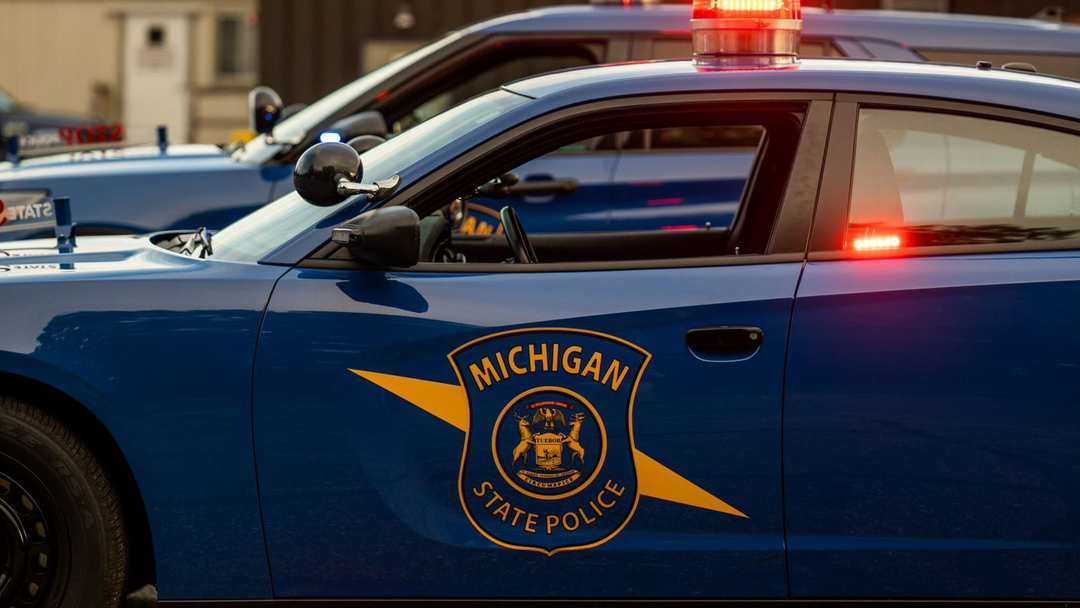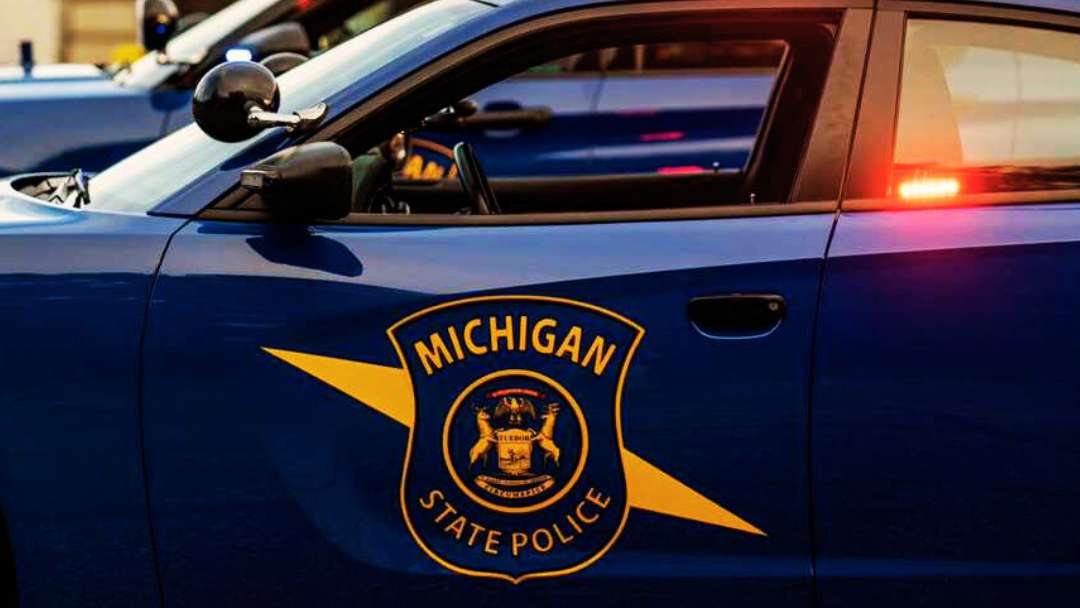Michigan Court of Appeals - Recreational Cannabis Use and ProbationRecently, another pivotal case, People v. Lopez-Hernandez, was decided by the Michigan Court of AppealsAt Komorn Law, we are dedicated to protecting the rights of our clients and staying at the...

Paid surrogacy no longer a crime in Michigan
Paid surrogacy no longer a crime in Michigan after Whitmer signs MI Family Protection Act into law
For over 30 years, individuals in Michigan who sought to build a family through the assistance of a paid surrogate might have encountered potential legal repercussions, including imprisonment or financial penalties.
Under a series of bills signed into law on Monday by Gov. Gretchen Whitmer, that is no longer the case.
Michigan Family Protection Act
The Michigan Family Protection Act is comprised of nine bills—House Bills 5207 through 5215. Together, these bills support parents, children born through surrogacy or IVF, and LGBTQ+ parents who deserve to be treated equally. Specifically, the bills will:
- Legalize and regulate surrogacy, allowing Michiganders to have children in an environment that protects the children, the parents, and the surrogates.
- Align with the best practices by ensuring that individuals who serve as surrogates are fairly compensated, have their own legal representation, and are screened by medical professionals before entering into an agreement.
- Ensure children born by surrogacy and assisted reproductive technology (including IVF) are treated equally under the law.
- Change outdated state law to treat LGBTQ+ families equally and eliminate the need for them to go through a costly and invasive process to get documentation confirming their parental status. Even if they move to a state that does not respect these basic rights, these bills help ensure they cannot be denied their relationship to their child.
- Make it easier and cheaper for all Michigan families to get formal recognition of their parental relationship to their children.
“Seeing these bills through to the governor has been one of the most challenging, emotional and rewarding efforts of my legislative career. I couldn’t have done it without my partners at the Capitol, around Michigan and across the nation who have worked so hard to make this long-overdue change to state law,” said state Rep. Samantha Steckloff (D-Farmington Hills), lead sponsor of the package.
“For the couples that have relied on IVF to start or grow their families; for those who wanted to turn to surrogacy but couldn’t execute a contract; for parents struggling to adopt their own biological children — today is a new day. With protections for IVF, legal surrogacy contracts and clear legal links between parent and child, Michigan is a freer and more welcoming state today than we were yesterday.”
“Today marks an exciting moment in our ongoing fight to protect people’s freedom to decide when and how to start a family,” said state Rep. Penelope Tsernoglou (D-East Lansing). “Having personally experienced the life-changing impact of IVF, I know the profound significance these treatments can provide people. That’s why I’m so proud that we’re safeguarding these rights in Michigan. This is a promise to every individual and couple that they have the right and autonomy to plan their pathway to parenthood — and experience the joy of bringing life into this world, if they choose.”
“This bill package is important for Michiganders, and today is a memorable and very significant day as it becomes law,” said state Rep. Amos O’Neal (D-Saginaw), sponsor of HB 5215. “Michigan is the last state in the nation to legalize contractual surrogacy. As a father of three, I know how important and meaningful it is to grow your family, and today we are allowing Michiganders the choice to determine when, how or if they will grow a family. Dems are committed to securing your reproductive health rights.”
Protecting Reproductive Freedom
As other states seek to restrict IVF, ban abortion, and make it harder to start a family, Michigan is supporting women and protecting reproductive freedoms for everyone.
In 2022, the United States Supreme Court overturned Roe v. Wade, taking away the constitutional right to abortion that American women had for half a century. Many states either passed or had preexisting bans on abortion that went into effect. Michigan had a pre-existing law on the books banning abortion without exceptions for rape or incest and criminalizing nurses and doctors for providing reproductive health care.
In November 2022, Michiganders voted overwhelmingly to pass Proposal 3, which enshrined the right to reproductive freedom in the Michigan constitution. This action protected the right to prenatal care, childbirth, postpartum care, contraception, sterilization, abortion, miscarriage management, and infertility in the Michigan constitution.
Since then, attacks on reproductive freedom have continued. Last month, Right to Life Michigan filed a lawsuit challenging Proposal 3, threatening access to IVF, prenatal care, and other reproductive health care.
More recently, the Alabama Supreme Court’s ruling to take IVF away from families put this procedure used by millions of Americans to have children every year at risk. There have been bills introduced in over a dozen other states and at the federal level that would ban IVF.
The Call With the Question we Anticipate in Today’s Environment
Question: Can I start a surrogacy handmaid tale type of business in Michigan now that it’s not a crime? How much does it pay?
Answer: That is not our field of law. We suggest you ask the Govenor, Attorney General and refer to the new laws. Call us when you get arrested.
Related Articles
Michigan Appeals Court Decision on Cannabis Use and Probation
Facial Recognition and Wrongful Arrests
Facial RecognitionHow Technology Can Lead to Mistaken-Identity Arrests Facial recognition technology has become increasingly prevalent in law enforcement, but its use raises critical questions about civil liberties and accuracy. One landmark case sheds light on the...
Government Drones in Your Life – Yes, They Made up a Reason
Long Lake Township v. Maxon The Costs Outweigh Benefits in Exclusionary Rule Application and the Slippery Slope of Fourth Amendment ProtectionsThe recent decision by the Michigan Supreme Court in Long Lake Township v. Maxon represents a significant shift in the...
Oakland County Sheriff’s deputy fatally shot in ‘ambush’ while following stolen car
Oakland County Sheriff's deputy fatally shot in 'ambush' while following stolen carA deputy investigating a stolen car was shot to death Saturday night in Detroit in what Oakland County Sheriff Michael Bouchard called an ambush. Oakland County Sheriff's Deputy Bradley...
More Posts
People who are going to need a Lawyer – November 12, 2024
People who are going to need a LawyerMan so drunk field sobriety tests were ‘too dangerous’ sentenced to life in prison for repeated DWI convictions‘Several terabytes’:...
Cambridge Analytica data breach comes before court
Oral arguments in Facebook v. Amalgamated Bank will beginThe justices are set to review securities law as they hear arguments in a significant case linked to the 2015...
Search and Seizure – Consent or Plain view
The Fourth Amendment was established to protect individuals from unreasonable searches and seizures, yet there are exceptions.In Michigan, understanding the concepts of...
Using a computer to commit a crime – The latest add on charges
FRAUDULENT ACCESS TO COMPUTERS, COMPUTER SYSTEMS, AND COMPUTER NETWORKS (EXCERPT)Act 53 of 1979752.796 Use of computer program, computer, computer system, or computer...
A drunk driving investigation, a car wreck and a blood draw
A Case Summary: People v. Blake Anthony-William BartonOn October 11, 2024, the Michigan Court of Appeals issued a decision in the case People of the State of Michigan...
Police say they can tell if you are too high to drive
Police say they can tell if you are too high to drive. Critics call it ‘utter nonsense’Haley Butler-Moore sped up to pass a semi on the highway when she suddenly saw...
A secured and safe vote thanks to new laws in Michigan
Governor Whitmer Signs Historic Election Bills Package to Ensure Every Vote Can be Cast and CountedIn Case You Missed It November 30, 2023 “Today, we are expanding...
Cannabis – The Rise and Fall and Trail of Survivors Pile Up
Thieves make off with 1,000 pounds of premium flower in cannabis from a corporate grower in Michigan. Then, the GM sells off 650+ pounds to pay employees.The recent...
What is Recidivism in Legal Terms?
What does Recidivism mean?In legal contexts, recidivism refers to a person’s relapse into criminal behavior, often after having been previously convicted and penalized...
Your Past Charges Could Affect Decisions for New Charges
Michigan Court of Appeals - PEOPLE v. JAMES THOMAS MASON, JR.Jail vs ProbationIn People v. James Thomas Mason, Jr., the Michigan Court of Appeals dealt with whether the...































